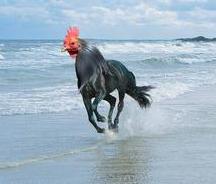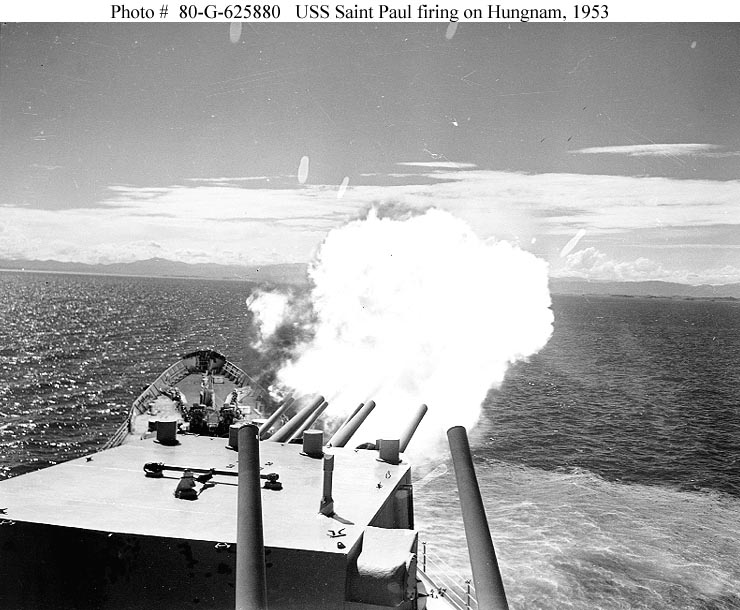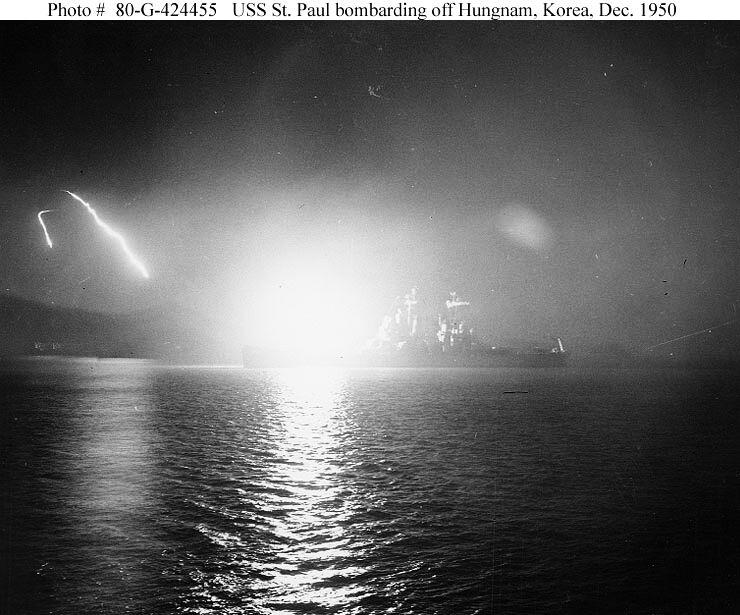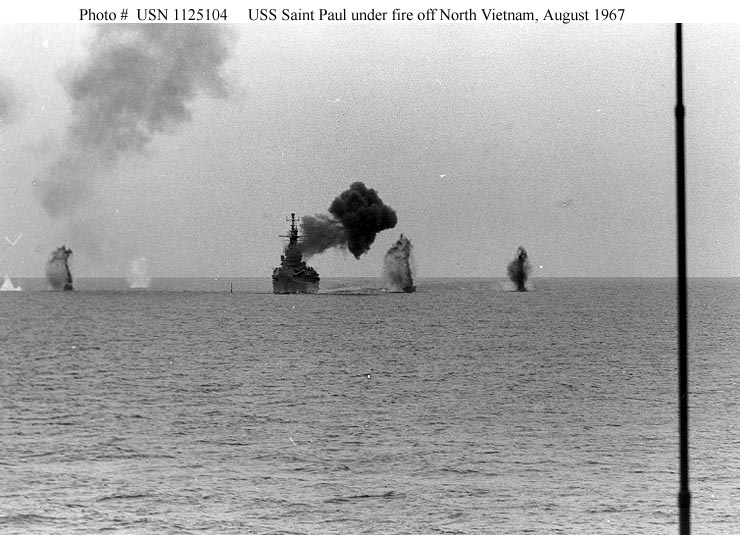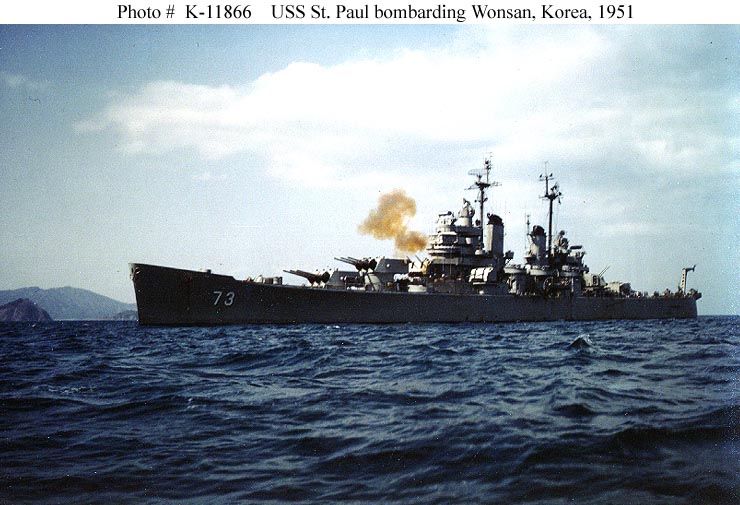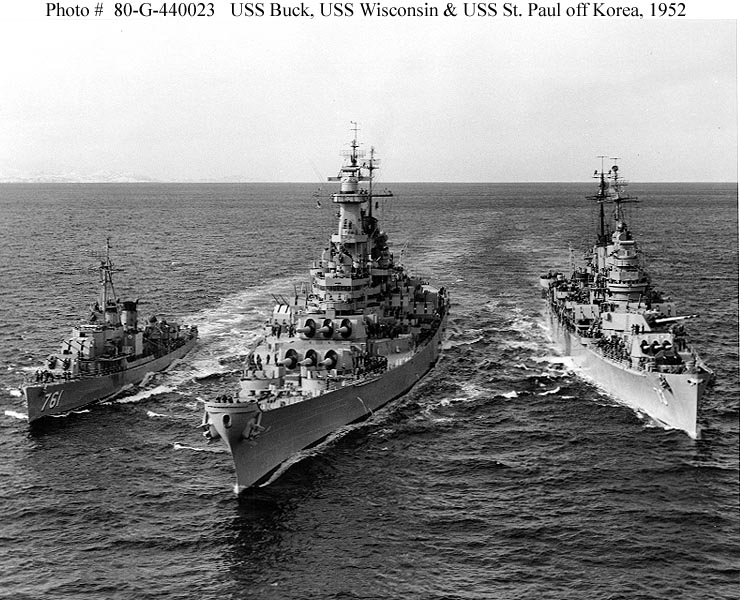Christian or not, Christmas is a big holiday. A bit too commercial for my taste, and as a result I remain firm in my belief that the best gift you can give is one that makes a better person - and one of the best ways to do that is through books.
Once again this season, Captain Henry J. Hendrix, Jr., USN has sent along his recommendations. If you are stumped on what to give someone this season; this should fit the bill.
Jerry; over to you!
It is difficult to understate how important books are to my basic mental health. For years I read in an attempt to gain an understanding of how other people thought about the challenges facing our Navy and our Nation. I read biographies, mostly, dealing with military and political leaders to gain their views on our "national interests." More recently, however, I have been challenged to "Think Different" (more on this) by my bosses and co-workers. The idea that our nation has reached a strategic inflection point, that all that we have done to get us to this point as a nation, will not take us to the next level, has been raised with me repeatedly and I have actively sought out books that give insight into innovation, economics, security, and culture. Here are five that I think are particularly useful.
Steve Jobs by Walter Isaacson. National best seller by a great author about a highly controversial liberal techno-tycoon who advised the current president to scrap the American education system and deregulate the business community if he wanted to get the economy going again. A business realist who eschewed commonplace solutions to create a highly successful vertically integrated personal communications model that has been adopted by a growing portion of the techno-population. What intrigues me most about Jobs is how he was able to "institutionalize innovation" in the businesses he ran (Pixar and Apple). While highly successful, it is questionable how long his system will survive his passing and termination of his personal involvement.
by Walter Isaacson. National best seller by a great author about a highly controversial liberal techno-tycoon who advised the current president to scrap the American education system and deregulate the business community if he wanted to get the economy going again. A business realist who eschewed commonplace solutions to create a highly successful vertically integrated personal communications model that has been adopted by a growing portion of the techno-population. What intrigues me most about Jobs is how he was able to "institutionalize innovation" in the businesses he ran (Pixar and Apple). While highly successful, it is questionable how long his system will survive his passing and termination of his personal involvement.
The Quest by Daniel Yergin. Think that we are running out of energy or that the Middle East holds a monopoly on energy reserves? Think again. Yergin, one of the world's foremost experts on energy and winner of the Pulitzer Prize for his previous seminal work, The Prize, on the oil industry lays open the facts of how the world's energy reserves have continuously expanded even as its consumption has gone up. His brilliant descriptions regarding shale gas "fraking" (which I thought only occurred on Battlestar Gallactica) and the falsehoods behind wind and solar "alternatives" are worth the price of this book. Find out how much energy truly exists within the United States and be astonished about what our government has to say about it.
by Daniel Yergin. Think that we are running out of energy or that the Middle East holds a monopoly on energy reserves? Think again. Yergin, one of the world's foremost experts on energy and winner of the Pulitzer Prize for his previous seminal work, The Prize, on the oil industry lays open the facts of how the world's energy reserves have continuously expanded even as its consumption has gone up. His brilliant descriptions regarding shale gas "fraking" (which I thought only occurred on Battlestar Gallactica) and the falsehoods behind wind and solar "alternatives" are worth the price of this book. Find out how much energy truly exists within the United States and be astonished about what our government has to say about it.
The New Navy Fighting Machine by Captain Wayne Hughes. Its not really a published book, but it is downloadable from the Naval Postgraduate School. Captain Hughes, the dean of American naval strategists, and a fellow native of the great state of Indiana (we actually grew up 15 miles and fifty years from each other), Hughes fundamentally challenges the way we think about naval force structure and the way it is applied strategically. This study came out about two years ago, and its implications have caused me to circle back to it time and time again. Closely aligned with some of my own thinking regarding Fords vs. Ferraris and naval presence as being analogous to baseball's on base percentage, Hughes' New Navy Fighting Machine provides us with an elegant force structure alternative in a fiscally constrained environment.
Giants in the Earth by O.E. Rolvaag. This is an old novel a much beloved high school English teach assigned to me in my senior year that I just picked up and read again. The story of Norwegian immigrants moving into the vastness of the Dakota plains encapsulates the true pioneer spirit of America, the do-it-yourself attitude and pride in self-reliance and success that seems so distant from our Occupy Wall Street entitlement debate today. What is amazing is the story of the children of these immigrants who are so intent on shedding their Norwegian exterior (while retaining their strong core) to learn the English and find success as Americans farming on the harsh Dakota plains. Read this and juxtapose Rolvaag's (a Norwegian immigrant himself) ideas against current trends that seek to preserve cultural diversity and reject older melting pot approaches.
by O.E. Rolvaag. This is an old novel a much beloved high school English teach assigned to me in my senior year that I just picked up and read again. The story of Norwegian immigrants moving into the vastness of the Dakota plains encapsulates the true pioneer spirit of America, the do-it-yourself attitude and pride in self-reliance and success that seems so distant from our Occupy Wall Street entitlement debate today. What is amazing is the story of the children of these immigrants who are so intent on shedding their Norwegian exterior (while retaining their strong core) to learn the English and find success as Americans farming on the harsh Dakota plains. Read this and juxtapose Rolvaag's (a Norwegian immigrant himself) ideas against current trends that seek to preserve cultural diversity and reject older melting pot approaches.
The Aubrey-Maturin Series by Patrick O'Brian. OK, I came to this series late in life (my misplaced thought that somehow I was being disloyal to CS Forester and my beloved Horatio Hornblower if I read O'Brien books) but man, what a rush! This is not pure brain candy. You have to pay attention to what O'Brian is telling you (the description of the type of trees that are needed to refit a frigate after crossing the Indian Ocean in monsoon season was wonderful) and readers will soon be as intrigued by the surgeon-spy Stephen Marturin as they will enjoy the traditional sailor-hero Jack Aubrey. Aubrey is based upon the real hero-innovator Thomas Cochrane, and the events closely parallel events surrounding the Napoleonic wars. My girls got me the first five books for Father's Day, and I am now on book 13. You won't want to put them down.
by Patrick O'Brian. OK, I came to this series late in life (my misplaced thought that somehow I was being disloyal to CS Forester and my beloved Horatio Hornblower if I read O'Brien books) but man, what a rush! This is not pure brain candy. You have to pay attention to what O'Brian is telling you (the description of the type of trees that are needed to refit a frigate after crossing the Indian Ocean in monsoon season was wonderful) and readers will soon be as intrigued by the surgeon-spy Stephen Marturin as they will enjoy the traditional sailor-hero Jack Aubrey. Aubrey is based upon the real hero-innovator Thomas Cochrane, and the events closely parallel events surrounding the Napoleonic wars. My girls got me the first five books for Father's Day, and I am now on book 13. You won't want to put them down.
Once again this season, Captain Henry J. Hendrix, Jr., USN has sent along his recommendations. If you are stumped on what to give someone this season; this should fit the bill.
Jerry; over to you!
It is difficult to understate how important books are to my basic mental health. For years I read in an attempt to gain an understanding of how other people thought about the challenges facing our Navy and our Nation. I read biographies, mostly, dealing with military and political leaders to gain their views on our "national interests." More recently, however, I have been challenged to "Think Different" (more on this) by my bosses and co-workers. The idea that our nation has reached a strategic inflection point, that all that we have done to get us to this point as a nation, will not take us to the next level, has been raised with me repeatedly and I have actively sought out books that give insight into innovation, economics, security, and culture. Here are five that I think are particularly useful.
Steve Jobs
The Quest
The New Navy Fighting Machine by Captain Wayne Hughes. Its not really a published book, but it is downloadable from the Naval Postgraduate School. Captain Hughes, the dean of American naval strategists, and a fellow native of the great state of Indiana (we actually grew up 15 miles and fifty years from each other), Hughes fundamentally challenges the way we think about naval force structure and the way it is applied strategically. This study came out about two years ago, and its implications have caused me to circle back to it time and time again. Closely aligned with some of my own thinking regarding Fords vs. Ferraris and naval presence as being analogous to baseball's on base percentage, Hughes' New Navy Fighting Machine provides us with an elegant force structure alternative in a fiscally constrained environment.
Giants in the Earth
The Aubrey-Maturin Series











